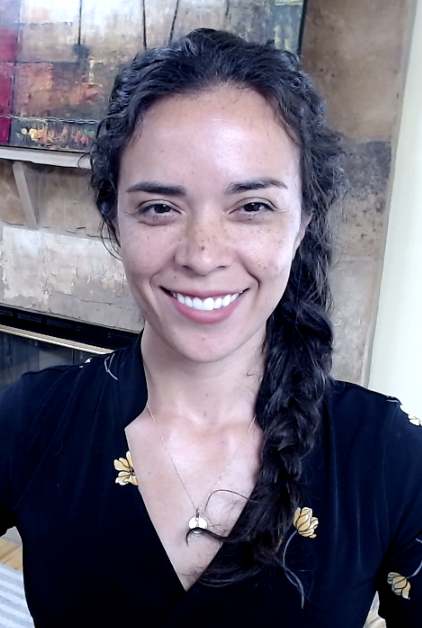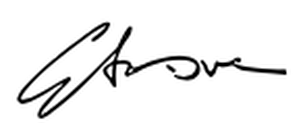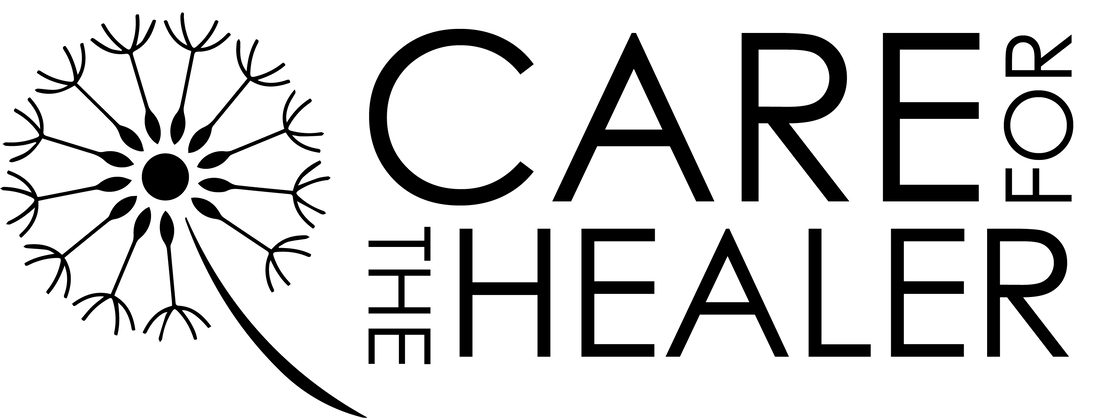The Dream of Veterinary Medicine
“Are you glad you became a veterinarian, at least once every three days?”
I believe the question was meant in jest. It was his way of inquiring how I was without being nosy. I could see the memory of his dear, kind face, notable beard and iconic glasses looking expectantly over a microscope in pathology lab—shaping my veterinary training, working diligently to instill in me and all of his other students a love of his (and soon to be our) profession. But as I contemplated his question, the series of images that ran through my head was tumultuous . . .
I replayed the memory of watching countless sunrises after all-night study sessions in preparation for test day and then celebrating with friends after surviving the exam. The feel of the fourth-year “hallway”—anxiety, frustration, laughter, camaraderie and competition. In the span of a few seconds, I saw again some of the formative patients and clients encountered during my clinical years—the feeling of reaching out and helping a pet and owner at a frightening and overwhelming moment to give them options and solutions, or at least helping them find some peace in the decision that needed to be made. I saw myself ready for my first job, excited but nervous, confident in my skills but also afraid to encounter a situation for which I wasn’t prepared. A dozen memories of veterinary school swam up before my eyes—all scattered along the path leading to this day.
“I wish I was,” I replied.
Did I really regret my career decision? Was my hard-earned career choice, a choice I’d take back if I could? Have any of you, fellow caregivers, felt the same? Have you looked for the joy in veterinary medicine and found it missing? Wondered what happened to the fulfillment that we glimpsed as we fought our way through biochemistry class, impatient residents and interns, and late night ICU duties?
|
Do you remember?
The first patient you lost and the support of your classmates who grieved with you?
The first patient you saved and felt "on top of the world"? The first pet owner to squeeze the breath out of you with a hug and leave tears of joy on your shoulder? |
What happened in between? What happened to the dream of veterinary medicine? Veterinary school was difficult, but no more so than expected. My classmates and I walked through the school doors ready for a challenge. Today’s application process and screening tools bring an amazing array of applicants, all bursting at the seams with talent and life experiences—all ready to soak up new knowledge.
And then comes . . . the “real” world.
Today’s veterinary community is far different than the one my mentors experienced. Their stories described a profession founded on collegiality, curiosity, compassion, and connection to both clients and patients. They fondly remember being mentored through tough decisions by older veterinarians, friendship between colleagues, and professionalism as everyone’s motto. They described a profession where veterinarians worked together to solve a clinical puzzle, where veterinarians were one of the most highly respected members of the community, and most of all, feeling that they contributed to and defended the wellbeing of the animals in their care every day.
Our profession is experiencing a rapid culture shift.
We are quickly losing the small-business clinic in exchange for large-scale hospitals. The rise in specialists and availability of extensive testing and procedures is astounding. Some of these changes are extremely exciting—our world and our knowledge of it is growing by leaps and bounds. We are able to provide care for our animal patients as never before and offer a level of medicine unparalleled in our profession’s history. And yet, articles such as those cited in 2016(1) are summarizing and scientifically characterizing the sharp decline that we are witnessing in the wellbeing of our professionals. Like a pandemic, the decline of the mental, emotional, and physical health of our veterinarians and technical staff has the potential to spread throughout our community.
The search for wellbeing
“Wellbeing” has become the catch-phrase of the past few years. Conferences, articles, workshops, and programs all aimed at improving the wellbeing of our professional community are springing up all over the country.
“Wellbeing” has become the catch-phrase of the past few years. Conferences, articles, workshops, and programs all aimed at improving the wellbeing of our professional community are springing up all over the country.
Is it helping?
Do you, as a veterinary caregiver, feel supported by your community, surrounded by colleagues upon whom you can rely, and fulfilled by the medicine that you are able to practice? Technology, population, and client expectations are also much different for us than they were for our mentors. And perhaps, more importantly, the mentality of our industry’s leadership has shifted. Impressions and experiences from today’s workplace create their own set of memories for me, memories as vivid as those from veterinary school . . . The forcing of careful medical deliberation and critical thinking into 15-minute timeslots and the daily bottom line. Profit-oriented business models that promote profit more than medicine. Policies and management decisions that don’t promote the wellbeing of compassionate-hearted staff in a complicated and stressful environment. In stark contrast to the compassion and care of my bearded pathology professor, how many veterinary professionals of our generation have been shaped during their career by dispassionate, burned-out, or even toxic leaders and mentors? Why are we witnessing such a dramatic shift in the communities of our profession? And, more importantly, what is the secret to restoring the venerated atmosphere in which our mentors thrived?
A dream of something different
As members of this veterinary community, we have a choice.
We can accept this cultural shift or we can make the decision to roll up our sleeves and rediscover, or better yet, work to create a new direction that honors the heritage of our mentors. Please allow me to share a vision for our veterinary community within the next 10 years. I am dreaming of a community where the wellbeing of its members is the foundation of all future directions and changes.
|
I am dreaming of:
|
So, what's the answer?
Whether your role is in reshaping the landscape of today’s clinic environment or investigating new, innovative, and non-traditional veterinary roles such as house-call practices, hospice care, relief work, industry positions, teaching, research, consulting, and others. . .
Whether your role is in reshaping the landscape of today’s clinic environment or investigating new, innovative, and non-traditional veterinary roles such as house-call practices, hospice care, relief work, industry positions, teaching, research, consulting, and others. . .
. . .your voice has power and your actions have meaning.
Whether you entered our community this year, have retired from the workforce, or are somewhere in the middle like me, this veterinary industry is our community. It is our world. It is shaped and defined by us, its members. We have an obligation to push, prod, question and strive toward creating lasting change for our industry on a daily basis. It is not until every young graduate can look into their professor’s eyes and say, “Every day. It is every day that I’m glad I’m a veterinarian,” that we will have fulfilled our obligation to ourselves, our community, and to our mentors who set us on this path.
Care for the Healer (CFTH) is a step toward that dream.
Join with us as we speak up and emphasize the importance of our own mental and emotional health and that of our colleagues. Together, let's take a definitive step to improve the health and wellbeing of our community.
Care for the Healer (CFTH) is a step toward that dream.
Join with us as we speak up and emphasize the importance of our own mental and emotional health and that of our colleagues. Together, let's take a definitive step to improve the health and wellbeing of our community.
Reference:
(1) Larken, M. “Studies confirm poor well-being in veterinary professionals, students.” JAVMAnews. 13 April 2016.
(1) Larken, M. “Studies confirm poor well-being in veterinary professionals, students.” JAVMAnews. 13 April 2016.


